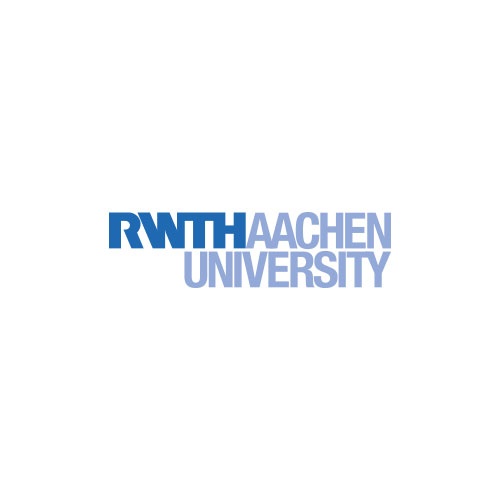RWTH Aachen Revolutionizes Live Kidney Paired Donation with Groundbreaking Approach
A research project between RWTH and Uniklinik RWTH Aachen explores opportunities for implementation of live kidney paired donation in Germany. Key issues include the possibility of manipulation and data privacy issues.
Incompatibility between the candidate recipient and the prospective donor is a major obstacle to living-donor kidney transplant. Live kidney paired donation can solve the problem of donor-recipient incompatibility by matching them to another candidate and living donor for an exchange of transplants such that both transplants are compatible. While kidney paired donations have already been established for years in many countries, the current legal situation prevents their implementation in Germany.
In a DFG-funded project between RWTH and Uniklinik RWTH Aachen, conducted in collaboration with the Stevens Institute of Technology in New Jersey (USA), a decentralized, manipulation-resistant approach for the allocation of immunologically suitable pairs for living kidney paired donation in Germany is being developed.
The aim of this approach is to dispel concerns regarding the manipulability and data protection in connection with KPD and thus to work towards a change in the law in favor of living kidney paired donation. For this purpose, the Secure Multi-Party Computation approach is used, which enables the decentralized calculation of living kidney paired donations drawing on the encrypted medical data of patients and donor candidates. This rules out any manipulation of the calculation.
As part of the research project, the Nephrology Department at Uniklinik RWTH Aachen, headed by PD Dr. Anja Mühlfeld, and RWTH’s IT Security Research Group headed by Professor Ulrike Meyer, organized a workshop on KPD in Germany. Apart from presenting the manipulation-resistant approach developed at RWTH, the main focus was on the organizational, logistical, and medical challenges involved in implementing KPD. Further, the Federal Ministry of Health presented a draft bill that proposes to change the legal situation in Germany and allow live kidney paired donation in the future.

